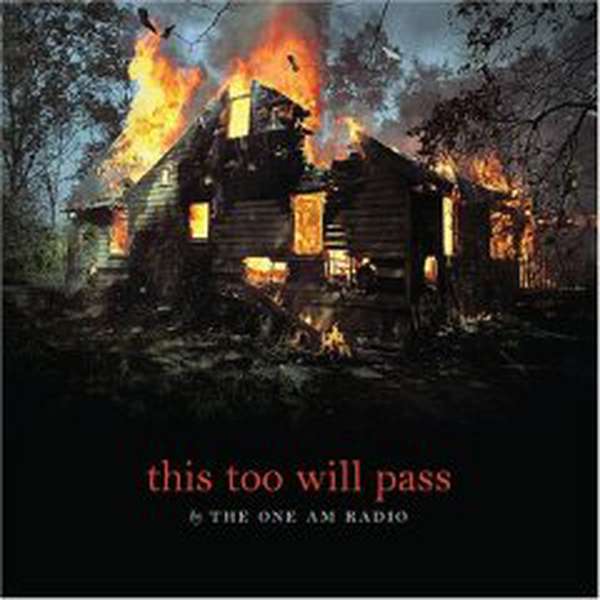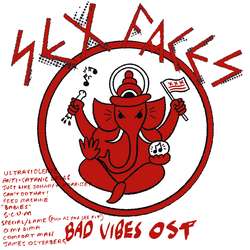On The One A.M. Radio's 2004 full-length, A Name Writ in Water, songwriter Hrishikesh Hirway surprised critics and listeners alike with his apprehensive brand of esoterically compact and personal lo-fi composition. Falling somewhere in the dark crevice between electronica and singer/songwriter melancholia, Hirway demonstrated an almost uncanny ability to be both rhetorically personable and musically reserved. The vaguely metropolitan musical architecture swirled fluidly and cohesively, melding bleak overtones with concretely analeptic musings.
Fast forward a couple years: mired, perhaps, in the ubiquitously universal mid-twenties sense of displacement, Hirway, a Yale grad, travels to Mumbai, India to draw up the blueprints for his next release. Surrounded by the pulsating mass of bodies and heat that defines the world's second most populous country, Hirway maps out his skeletal ideas on a laptop and a microphone.
Those skeletal ideas would become the basis for The One A.M. Radio's latest release, This Too Will Pass. Darker and less confrontational than his previous efforts, This Too Will Passis lyrically imaginative, evocative, and, ultimately, more personal. Hirway has, if nothing else, mastered the ability to ethereally chart the enigmatic blue and grey territory that rests between passive torpidity and, well, happiness.
On This Too Will Pass, Hirway's homespun brand of folky electronica is transiently chromatic, wallowing in the dusky overtones that emerge as warm summer days slowly melt into humid nights. Tracks such as "Mercury," "The Echoing Airports," and "Where I'm Headed" are shakily endearing, unsure of both themselves and the world they seek to organize, rationalize, and, ultimately, describe. It is here that Hirway is at his best. Melodies soberly rise and fall behind fuzzily blurred imagery, comfortable with being uncomfortable and, at times, obtusely heart wrenching.
Throughout This Too Will Pass, Hirway, backed by a conglomerate of eight musicians, including violinist Jane Yakowitz, doggedly purses an endearing brand of flakiness. Musically, he refuses to be backed into absolutes, instead opting to breathily flutter between a variety of sounds and auras. Therein, however, lies the greatest problem with This Too Will Pass. Hirway is non-committal to a fault, recklessly, albeit airily, meandering between moods and sonance with little regard for the overall continuity of the album. The cohesive nature that defined A Name Writ in Water, has been replaced with something less categorical. In many instances, such evolution would be seen in a positive light. Here, however, the disjointed nature of the album as whole comes off as mildly distracting.
Overall, This Too Will Pass is dramatically yielding, unassumingly confessional, and afire with tasteful nostalgia. At times, however, This Too Will Passsettles for personable beauty for personable beauty's sake. And while it's certainly intoxicating, the periphery of Hirway's scope deems This Too Will Pass mutedly insignificant. This fact is somewhat disappointing because the album could have transcended simple aesthetic beauty and been, well, a classic. But it's not. Instead, This Too Will Pass, is just a very good album that is, seemingly, quite happy with being just very good. And if there is any dissatisfaction on my part, it is only because This Too Will Pass contains the promise of being more than it is.



